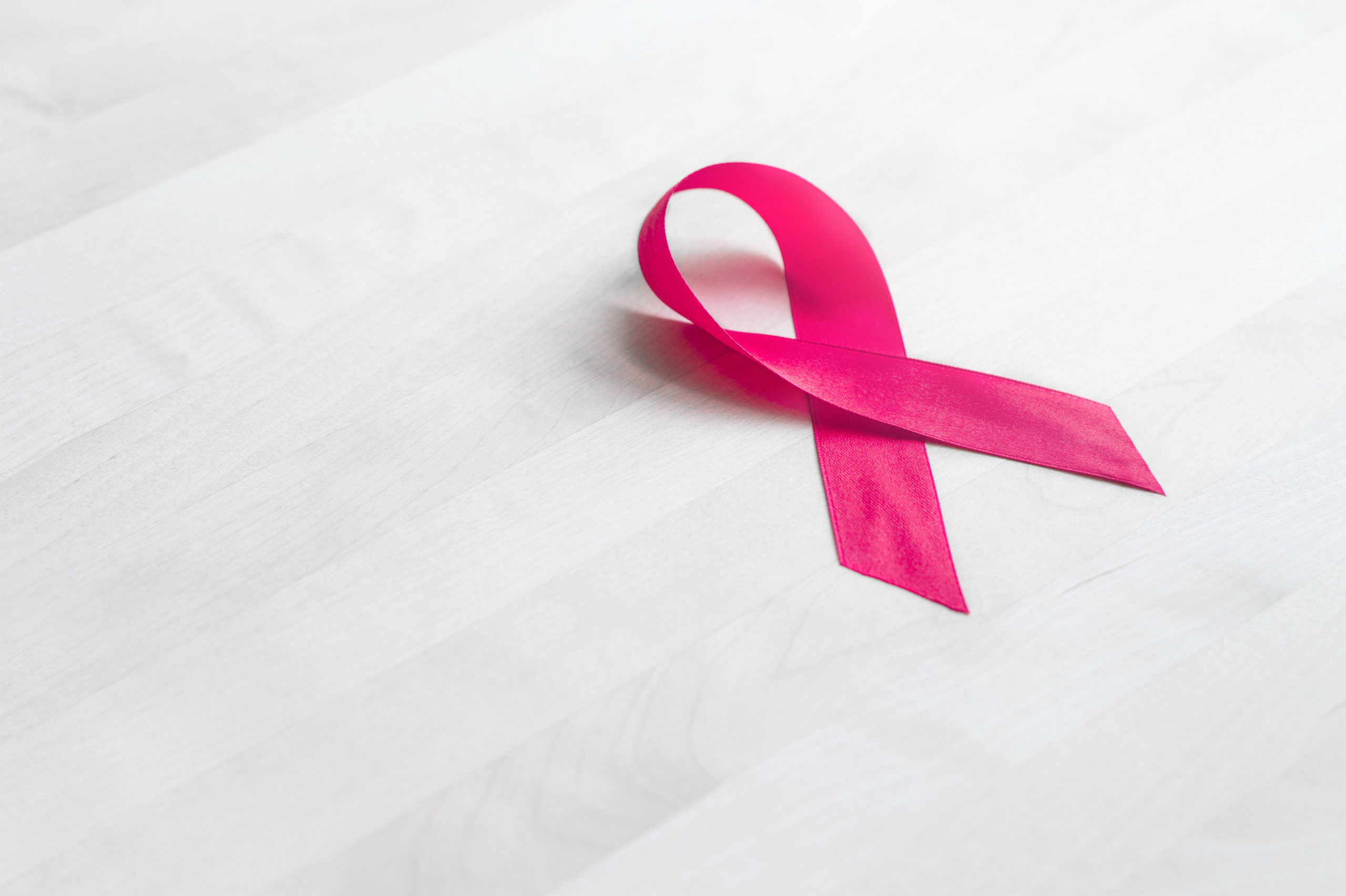
It’s probably not news to you that Breast Cancer Awareness month is observed during the month of October. Many organizations have worked together to make Breast Cancer Awareness Month a cause that is widely known and participated in .
If you are a woman over the age of 40, you are most likely receiving annual mammograms to screen for breast cancer. With breast cancer research being such a hot topic, you may be interested to learn about a few breakthroughs in breast cancer research in 2018 so far.
See 3 Breast Cancer Research articles recently published by the National Cancer Institute below...
1. TAILORx trial finds most women with early breast cancer do not benefit from chemotherapy
June 3, 2018
https://www.cancer.gov/news-events/press-releases/2018/tailorx-breast-cancer-chemotherapy
“New findings from the groundbreaking Trial Assigning Individualized Options for Treatment (Rx), or TAILORx trial, show no benefit from chemotherapy for 70 percent of women with the most common type of breast cancer. The study found that for women with hormone receptor (HR)-positive, HER2-negative, axillary lymph node–negative breast cancer, treatment with chemotherapy and hormone therapy after surgery is not more beneficial than treatment with hormone therapy alone. The new data, released at the American Society of Clinical Oncology (ASCO) annual meeting in Chicago, will help inform treatment decisions for many women with early-stage breast cancer.”
2. Moving Beyond BMI: Low Muscle Mass May Affect Cancer Survival
April 30, 2018
https://www.cancer.gov/news-events/cancer-currents-blog/2018/sarcopenia-breast-cancer-prognosis
“For some women diagnosed with breast cancer, low muscle mass may be linked with a poor long-term prognosis, a new study has found.”
3. Liquid Biopsy May Predict Risk of Breast Cancer Returning Years Later
September 15, 2018
“Women who had cancer cells detected in their blood 5 years after a breast cancer diagnosis were 13 times more likely to have their cancer return than women who did not, results from an ongoing study have shown.”

